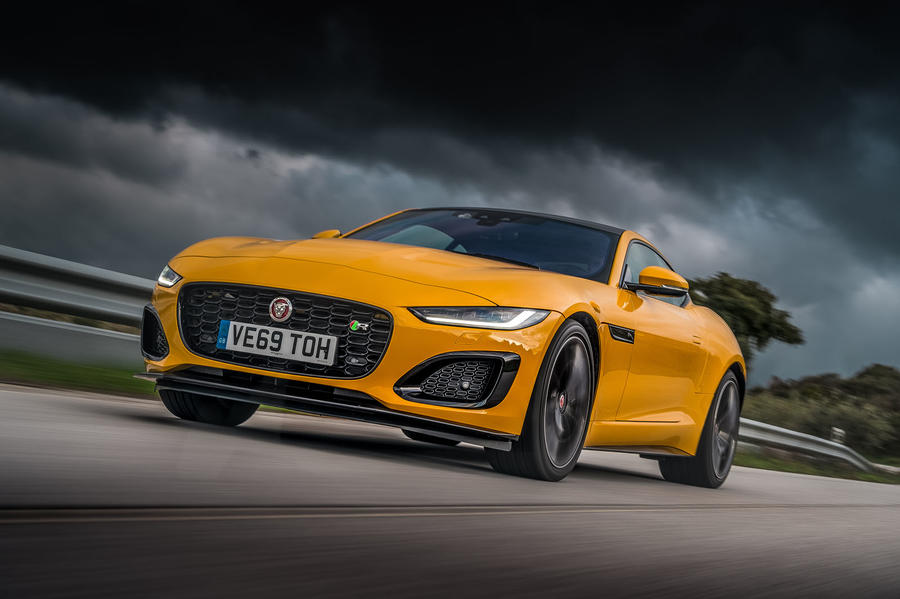An EV-only line-up within four years could give the British brand an advantage over those waiting for government bans to come into effect.
The bombshell plan by new CEO Thierry Bolloré to make Jaguar a maker solely of electric cars from 2025 strikes a rarely seen balance of ambition and realism with lashings of conjecture about whether or not the plan will work.
The casual observer may ask what other option did Jaguar have but to go electric, given the UK government’s ban on petrol and diesel from 2030? But there were other options, many of which were unpalatable or simply dead ends, ranging from killing the brand altogether to continuing to trundle along with evolutions of the existing product range.
Going electric-only in 2025 – i.e. earlier than nearly every other ‘old’ car maker – will give Jaguar a head start at really establishing itself as an electric car maker, while distancing it from Land Rover (the idea of ‘JLR’ is, after all, largely meaningless to most car buyers). It will also allow it not to be inhibited neither by ‘legacy’ products, which, let’s be honest, have largely all but failed (if they hadn’t, Jaguar wouldn’t be in this position) nor a showroom full of conflicting models and messages.
Jaguar will now be free to create modem, progressive cars that don’t need to tick boxes in a range and go chasing volume. It ends debates over questions such as ‘what does an XE successor need to do?’, because the XE’s is a market in which Jaguar no longer needs to play. If you’re uninhibited by decisions and needs like that, just how special can future Jaguars be? Very, we’d bet.
It’s some change. This era of Jaguar can be traced back to the launch of the F-Type, which kick-started an expansion of the brand to have a showroom line-up that, at one point, had seven models in it, yet still never went above 180,000 units – less than 10 per cent of BMW. Even with volume cars in volume markets, Jaguar never took off.
The headline is that Jaguar is going electric, but arguably the bolder call is the decision to move it at the same time upmarket into a luxury brand rather than the mere premium one it is today.
Given that the XJ is considered as luxurious as Jaguars can get, why wouldn’t an all-electric XJ work for this new-look, upmarket brand? Is a range-topping saloon to rival the likes of the S-Class still not premium enough for Jaguar?
It does make you wonder whether there was a fundamental engineering problem with the car, which in turn sets alarm bells ringing about how they would solve the issue. And if they do, it leaves you wide-eyed at the thought of Jaguar seeing itself as a future Bentley competitor, a position in the market that can’t be claimed in just a few years.
Mark Tisshaw




